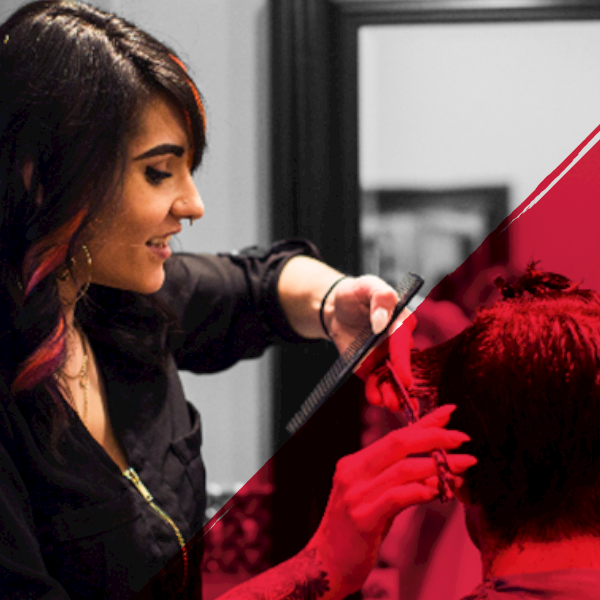Salon owner, PBA Member and beauty industry advocate Paola Hinton is single-handedly transforming important decision makers’ views of the current FICA Tax Tip legislation affecting the beauty industry. FICA, officially known as the Small Business Tax Fairness and Compliance Act, H.R. 1349, would extend the current 45(b) FICA tax tip credit to salon and spa owners (a credit granted to restaurant owners in 1993).
Like restaurants, salon and spa employees receive a significant amount of their income through customer tips. The salon business owner is required to pay income taxes on those gratuities, although they don’t receive any of this income for the business. Employers are required to pay 7.65% FICA (Social Security and Medicare) taxes on all employee income, including those tips.
A powerful voice for the beauty community, Paola is taking the FICA Tip Tax initiative by storm and is actively educating the beauty community and government officials about the effect of tax credits on salon businesses.
Through live stage presentations, meetings with government officials like United States Representative Darin LaHood (R-IL) and online discussions on her FICA Tax Tip Facebook group, Paola is transforming legal concepts into understandable and relatable realities so her audience can understand the impact of tax credits for beauty businesses.
“I go through the progression of what these tips look like. What is the life cycle of a $20 tip? I explain the progression and cost of facilitating tips in visual terms.” Using PDFs and PowerPoints, Paula’s presentation punchline takes one $20 tip and broadens the scope to the effect of $20,000… which is how much it cost her business, Five Senses Spa and Salon in Peoria, Illinois, to manage the total tips her employees received in 2018. “It cost me almost $20,000 to facilitate $179,000 of gratuities received. Imagine what I could do for my salon with that $20,000 instead?”
Paula invites others to consider the impact that an extra $20,000 would have across the entire country. “We’re not reinventing the wheel. The restaurant industry has had this in place since 1993. There aren’t large margins in the beauty industry. When you basically pay the customer to come in, paying to facilitate their tips is almost unethical.”
When people ask why she’s so passionate about educating the industry and government officials about FICA, Paola shares that the value of $20,000 to facilitate one year of tips might not seem like much for one salon, but put in perspective of the whole country, it puzzles her why the government might hinder the beauty industry from using that revenue for valuable staff benefits like training and education, tools and equipment, and hiring new talent.
For more information about the FICA Tip Tax, visit probeauty.org/FICA.

